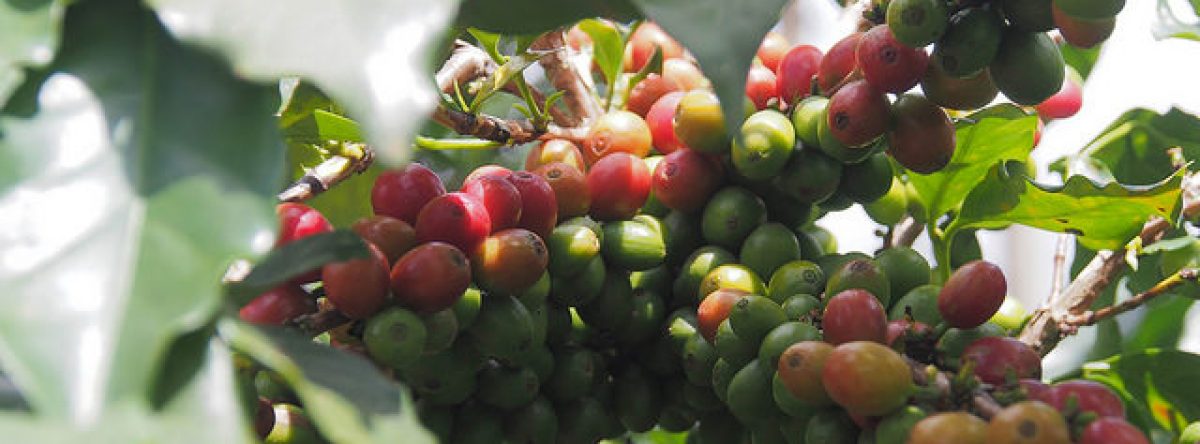To each potential solution, there is almost always a barrier to its implementation. Such barriers include;
- Finance
- Many solutions require a financial investment for their implementation. Proposed solutions such as drip irrigation is extremely costly to implement, which would require private sector involvement, which is not always possible.
- Lack of incentive
- Some solutions require extra labour that may not provide an immediate improvement to yields or earnings which will do little to encourage farmers to change their agricultural practices.
- Lack of monitoring
- When implementing new agricultural practices, an area needs to be monitored in order to ensure the practices are being performed correctly if at all. The Central Highlands contains a high amount of agricultural land used for Robusta growth which would require a high volume of people to monitor solutions’ progress, which is not possible at this time.
- Lack of soil analysis
- A problem for the area is the wrong types and amounts of fertilisers being applied to the soils. The lack of soil analysis means the most any expert can do is make an educated estimation as to what the correct fertilisers to use per area are.
- Missing resources/information
- For both farmers and organisations working in the Central Highlands, there are many types of information or resources that are not currently available which will hinder the progress of increasing the sustainability of the coffee sector. As of yet, there is very little accurate weather forecasting systems, in both the short- and long-term, in place which could help those working in the area make adaptations to potential climatic changes.
